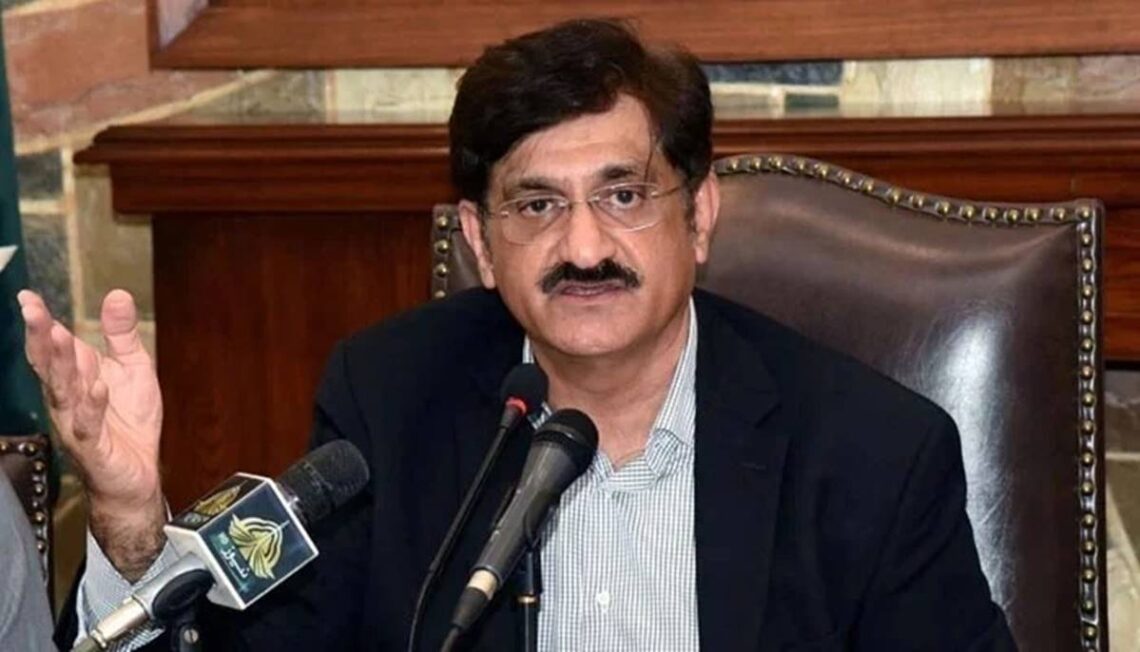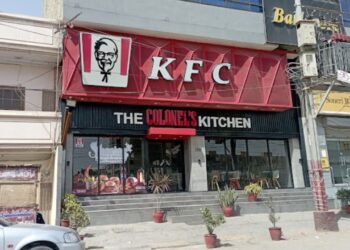KARACHI: In a landmark move toward poverty alleviation and sustainable rural development, Sindh Chief Minister Syed Murad Ali Shah has signed a $5 million agreement with the European Union (EU) under the Sindh Peoples Housing for Flood Affected (SPHF) initiative. The agreement marks the launch of the PAIDAR project , a Communal Infrastructure Grant aimed at fostering climate resilience, rebuilding flood-affected communities, and driving economic recovery.
The signing ceremony, held at the Chief Minister’s House, was attended by senior government officials, along with representatives from the EU and the United Nations Industrial Development Organization (UNIDO), which is collaborating on the project. The initiative underscores Sindh’s commitment to transforming disaster-hit regions into models of sustainable development through innovative solutions like green technology, digital mapping, and eco-friendly infrastructure.
Empowering Communities Through Sustainable Solutions
Chief Minister Murad Ali Shah emphasized that the PAIDAR project reflects his government’s dedication to ensuring long-term rehabilitation. “This is not just about recovery; it’s about building back stronger and better prepared for future climate challenges,” he stated.
Key initiatives under the agreement include:
- Green/Good Bricks Pilot Project:
With a budget of Rs 9.9 million, this project will establish an eco-friendly brick production plant in Thatta in collaboration with Korean entrepreneurs from InnoCSR. It aims to revolutionize construction practices by introducing sustainable materials. - Drone-Based Survey and Climate-Resilient Settlement Plan:
Funded at Rs 55.44 million, this initiative involves GIS mapping across Thatta, Sujawal, Badin, and Tharparkar, covering 13,846 households. The data collected will fuel a real-time GIS & Multi-Dimensional Poverty Index (MPI) Dashboard, enabling data-driven planning for rural development. - Communal Infrastructure Development:
A €5 million fund will enhance public infrastructure in 150-173 villages, improving access to essential services such as clean water, healthcare, and education. - Model Village Development in Lahko Bhambro:
With a budget of €0.2 million, this project is already 40% complete and aims to create a blueprint for climate-resilient villages. Completion is expected by April 2025. - Carbon Credit and Green Growth Initiatives:
Technical assistance will be provided to unlock funding for carbon credit programs, promoting environmental sustainability and green growth.
A Step Beyond Housing Rehabilitation
The Chief Minister highlighted that while SPHF has already made strides in housing reconstruction—currently developing 2.1 million climate-resilient homes—the focus is now expanding to include supporting infrastructure. “We started with housing and demonstrated that large-scale rehabilitation is possible. Now, we’re building systems that will benefit communities for generations,” he remarked.
For the first time, Sindh has digital village maps offering real-time insights into socio-economic needs and future development opportunities. These tools are empowering planners and policymakers to make informed decisions, ensuring resources are allocated where they are needed most.
A Historic Collaboration for Sustainable Growth
This partnership between the Sindh government, the EU, and UNIDO represents a new era in climate adaptation and sustainable development. By investing in climate-smart infrastructure, eco-friendly innovations, and cutting-edge technologies, Sindh is setting an example for disaster recovery and inclusive growth.
“We are not just rebuilding; we are strengthening communities to thrive in the face of climate challenges,” concluded Chief Minister Murad Ali Shah.
Through strategic initiatives like PAIDAR, Sindh is paving the way for resilient, sustainable, and prosperous rural communities—a model that could inspire similar efforts worldwide.
Read More: Pakistan Cricket Team’s ICC Champions Trophy Failure: Who Will Take Responsibility?


















